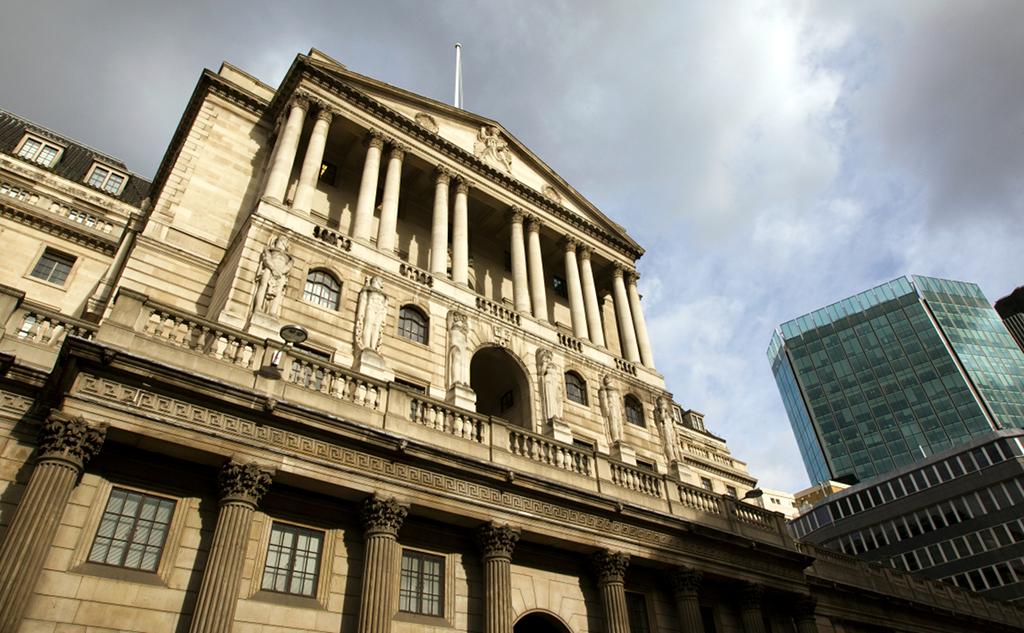Germans call UK “selfish” over Tobin tax
The Bank of England lowered its growth forecast for next year to 1 percent. That’s bad news for the record 1 million under 25’s who are without work.
As correspondent Siobhan Dowling wrote in GlobalPost yesterday, the creators of the European common market and monetary union hoped to infuse Europe’s historically-hostile nations with a shared destiny that would prevent future wars. That, of course, has largely worked.
But it’s easy to get along in good times.
Now, as the euro zone crisis worsens, spats are breaking out across Europe. France and Germany, the two major powers in the zone, can’t seem to agree on the right approach for addressing the crisis — a fact that is increasingly endangering France’s economy, whose banks hold large quantities of toxic Greek debt.
And now Germany is at odds with Britain over a key financial initiative.
Chancellor Angela Merkel has been pushing for a “Tobin tax” on financial transactions. The tax – a tiny percentage assessed on huge trades — would raise revenues that could be used to aid the debt addled PIIGS governments. The Tobin tax has political appeal, in that (often-loathed) financiers, rather than the broader electorate, pick up the tab.
But British Prime Minister David Cameron is vehemently opposed to the Tobin tax: London, Europe’s financial capital would take the biggest hit. Banking makes up nearly a third of Britain’s gross domestic product.
Yesterday, Volker Kauder — a close ally of Angela Merkel and parliamentary leader of her party — lambasted the UK over its opposition to the tax. He accused its leaders of selfishness amid crisis. Britain is “only defending its own interests,” he said, according to the Financial Times.
The rhetoric is getting virulent, at least by diplomatic standards. George Osborne, chancellor of the exchequer, says the Tobin tax is a “bullet aimed at the heart of London.” Meanwhile, suggesting that Britain’s concerns should be disregarded in favor of Merkel’s leadership, Kauder commented that “Suddenly, German is being spoken in Europe” – a sentiment, that, as Dowling explains, frightens many in the EU.
Talks on Friday between Merkel and Cameron were supposed to focus on whether Europe should forge greater political union, to solve the crisis and prevent future turmoil. But given that the two sides are pointing fingers at each other over this comparatively small initiative, expectations are limited.
Follow author David Case on Twitter: Follow @DavidCaseReport
We want to hear your feedback so we can keep improving our website, theworld.org. Please fill out this quick survey and let us know your thoughts (your answers will be anonymous). Thanks for your time!
